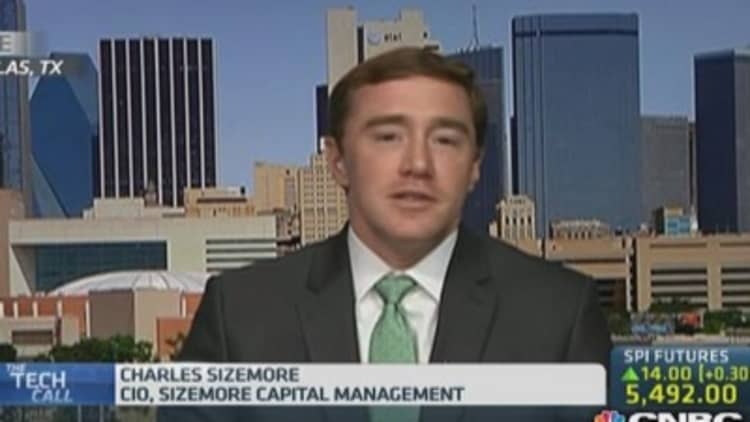One of the largest streaming porn sites on the Internet made waves late last week by announcing via Twitter that it was considering sponsoring a professional gaming team. But officials at some of the industry's largest tournaments say the company may not be welcome.
YouPorn, a member of the MindGeek (formerly Manwin) portfolio of porn sites, stirred the waters on Friday, asking its 117,000 followers, "Do we have any competitive '[League of Legends],' 'DOTA2,' or 'HeartStone' players following us? What do you think about YouPorn sponsoring a team?"
The tweet spurred a flurry of replies from fans, with most encouraging the site to do so, and a few pro gamers inquiring about how they could be considered candidates for that sponsorship.
"We've been overwhelmed by the number of responses we've received—we're definitely doing a bunch of research right now," said Matt Blake, a spokesman for YouPorn. "We've often thought that there are parallels between our business and gaming. We figured now was a great time to try and wet our feet and join the gaming world."
However, eSports organizations, which organize the tournaments that sometimes draw thousands of spectators, haven't been so enthusiastic about the idea. Although Red Bull eSports, Major League Gaming, Riot Games (the makers of the "League of Legends" game) and other groups all declined to comment on the record, several indicated any team sponsored by the company could risk violating policies that prohibit any advertising content promoting sites or products of a sexual nature.
Read MoreGoogle bans porn from its ad network
Professional gaming—dubbed eSports—can be a confusing topic for non-gamers, but it has exploded onto the pop culture scene in the past three years. The field gathers the top players in the world in games that range from Activision's "Call of Duty" and "StarCraft II: Heart of the Swarm" to Nintendo's "Super Smash Bros."
Although the idea of watching people play video games may sound dull, the speed and efficiency at which some of these players compete is on par with the NBA or NFL. And the fan base is rabidly enthusiastic. Last year's League of Legends finals sold out the 15,000 seat Staples Center in Los Angeles (home of the L.A. Lakers) in under an hour. (Scalpers commanded prices of up to $2,000 per seat, having paid somewhere between $45 and $100 originally.)
They're just as enthusiastic about funding some tournaments. Later this month, fans of Valve's "DOTA 2" will compete for more than $10 million in prizes in Seattle—a prize pool that was entirely crowdfunded.
Read More Real-life 'escape rooms' are new US gaming trend
Among fans, the best eSports athletes earn a level of celebrity on par with traditional pro athletes, and many earn a healthy living doing so. Lee "Jaedong" Jae Dong, 25, a South Korean who specializes in "StarCraft II," has earned more than $504,000 over 47 tournaments. And Johnathan "Fatal1ty" Wendel has pocketed more than $450,000 in tournaments (and a lot more in endorsement deals).

The eSports audience largely tends to be made up of people in their 20s and 30s who spend a lot of time in front of their computers—and is the sort of audience the porn industry covets, making the sponsorship consideration understandable.
Because eSports are relatively new, though, the larger bodies in the field are seeking legitimacy with a mainstream audience, something that might be harder to obtain if there is an apparent tie-in with the adult entertainment industry.
Read More
YouPorn's Blake says he understands the hesitancy, but the company is hoping to overcome the objections and is currently in talks with both leagues and team owners.
"We'd like to think we'll be received with open arms, but the reality is that's not always the case," he says. "We're hoping that people will be able to see the positives which we'd like to think will outweigh any negative connotations. We're doing this ultimately because of requests we've received in the past, and generally just think now's a great time to get into this arena."
—By Chris Morris, Special to CNBC.com

